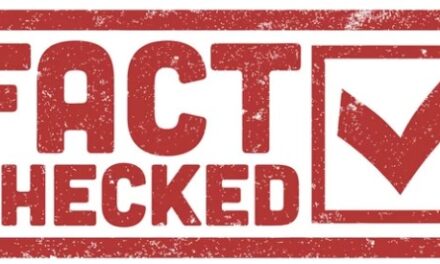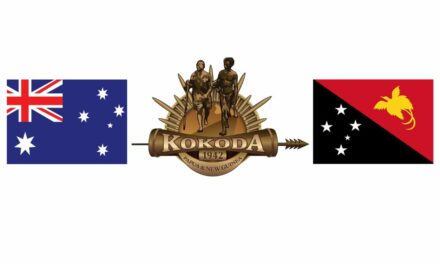The Kokoda campaign, along with other campaigns in Melanesia, has been ignored by successive Australian governments since the end of the Pacific War.
A proposal to mine part of the Kokoda Trail caused them to focus attention on what is regarded as a neglected jungle shrine.
Fearing a reaction similar to the recent public relations disaster over the road in Gallipoli the former Howard government sprung into action and announced a $15 million allocation to have the Kokoda Trail listed as a World Heritage Area.
While the announcement went some way to appease the cries of protest in Australia it is unlikely to meet the expectations of clan leaders and landowners along the Kokoda Trail unless we establish an early dialogue with them in their respective villages. We would hope that the $15 million will not be consumed by Australian consultants, committees and conferences engaging in a frenetic loop of producing reports, making recommendations and conducting reviews.
Kokoda offers a thrill of adventure for Australians who have had most of the risk removed from their daily lives through ridiculous OH&S laws and layers of social safety nets. They want to walk in the footsteps of the brave and ‘do it tough’ as a mark of respect to a generation who grew from the challenge of adversity.
They don’t want environmental boardwalks – they want mud. They don’t want an eco-environmental levitation – they want the historical hardship of the track. They don’t want to be clean and green – they want to be sweaty and dirty. They don’t want Kakadu – they want Kokoda!
But the spirit of Kokoda is in danger of transformation into a monument to environmentalism rather than a living memorial to our diggers if we do not include the custodians of our military history in the decision-making process.
In the five page ‘Joint Understanding between PNG and Australia on the Kokoda Track (sic) and Owen Stanley Ranges’ the word ‘memorial’ or ‘battlesite’ is not mentioned. The document is peppered with the new language of the global warmers – ‘carbon partnerships’, ‘national forest carbon accounting systems’, ‘future international emissions trading’, ‘REDD demonstration activities and global climate stability underpinning global eco-systems, etc’.
‘Military heritage’ has been replaced by ‘World heritage’!
The Joint Understanding commits to ‘deploying experts to the PNG Department of the Environment and Conservation to facilitate PNG Government processes to enable identification and consideration of a proposed World Heritage Site, etc. etc’.
No mention is made of deploying military historians to identify battlesites sacred to our heritage, to dispatch bomb disposal experts to assess the dangers of unexploded ordnance along the track, or experts from our War Memorial to establish a similar institution in Port Moresby. The preservation of our joint military heritage does not rate a mention.
It is easy to interpret ‘joint understandings’ between Australia and PNG as a euphemism for ‘big brother’. It’s OK for Australia to send ‘experts’ to PNG but we continue to deny them access to our seasonal markets even though our farmers have desperate labour shortages. It is easier for a PNG citizen to get a casual job in London than in Brisbane. Proper ‘joint understandings’ don’t have one-way valves.
This fact is not lost on leaders in PNG.
Trekker numbers have grown exponentially over the years – from 76 in 2001 to 5117 in 2007. We have watched as an inexperienced authority was established to manage our sacred ground along the track. We have watched as it collapsed into a self-indulgent system of corruption. We have calculated the benefits to the PNG economy to be around $10 million dollars in 2007 but we shy away from the fact that very little reaches the villages along the track. It is little wonder that landowners are attracted to mining and forestry opportunities.
The Australian – PNG Joint Understanding committed to ‘addressing immediate needs for the 2008 trekking season and create interim Kokoda Track management arrangements’. This is the most important priority when the froth and bubble has been cleared from the document. But as thousands of Australians make the pilgrimage across the track nothing is yet in place to meet this key commitment. This is an indication of the difficulties we will face in aligning PNG and Australian commitments to preserve the historical, environmental and cultural integrity of the track.
The Heritage Divsion of the Department of Environment have carriage of the Joint Understanding in Australia and are active in bringing all parties together to ensure the best outcome for the future of the track. It will not be an easy task given our past neglect but it is encouraging to see that we are finally committed to achieving an outcome that will preserve the track and all it represents for our future generations.
Kokoda is a jungle shrine. It is the most significant pilgrimage an Australian can make in search of the qualities that define our national character. We therefore need to ensure departments entrusted with the preservation of our military heritage such as the Australian War Graves Commission, the Australian War Memorial and Defence have input into assisting PNG to care for our sacred sites from the Pacific War.



